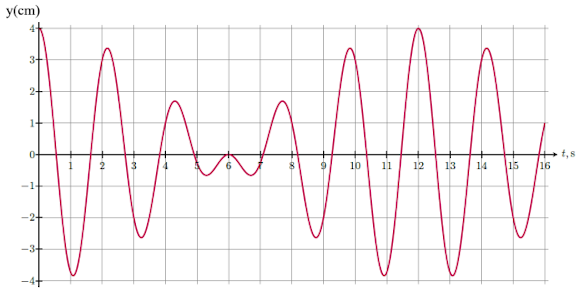Physics 7 Series
University of California, Davis (September 2019–July 2021, August 2024).
Overview

From 2019-2021, I was a teaching assistant for the Physics 7 series at UC Davis. Physics 7 is an introductory physics series for biological sciences majors, focusing on various important models in physics and emphasizing conceptual understanding over rote memorization. The course is designed with active learning principles in mind. Students are expected to take part in discussion/lab sections twice a week, with each session running for 2 hours and 20 minutes. In these discussion/labs (DLs), students answer conceptual questions, perform calculations, and run experiments to test their understanding of the material.
In fall quarter 2019, I led discussion/lab (DL) sections for Physics 7C, Waves, Optics, Quantum Mechanics, and E&M. In spring quarter and summer session I 2020, I led online DLs for Physics 7A, Energy, Thermodynamics, and Statistical Physics.
Lead TA
From fall 2020 through spring 2021, I served as a Associate Instructor (lead TA) for Physics 7A. In this role, I coordinated and oversaw the training of eleven first-year TAs and three senior TAs, facilitating discussions about our teaching methods and learning outcomes. In addition to running two TA meetings every week, I also personally led discussion/lab sections as an instructor. I also wrote instant feedback for weekly multiple-choice lecture quizzes in order to turn these quizzes from routine content checks into individualized learning opportunities.
The novel coronavirus outbreak of 2020 necessitated a rapid shift to online learning, so the 7 series was moved online for spring quarter 2020. To help students actively engage in the new format, I adapted several of the discussion/lab worksheets to a digital whiteboard format with real-time collaboration. Based on my experiences teaching and learning during this quarter, I researched and wrote up a best-practices document for remote teaching and presented it to members of the department in a panel discussion at the invitation of the department chair Rena Zieve.
Lecturer
In Summer Session 2024, I served as lecturer (Instructor of Record) for Physics 7A. As lecturer, I developed original twice-weekly 75-minute lectures including discussions, activities, and clicker questions. I wrote and proctored formative and summative assessments (weekly quizzes and exams). I developed Canvas modules and pages organizing course content (lecture slides, recordings, homework, and interactive online demonstrations) into weekly modules, as well as writing new guiding questions, learning outcomes, and weekly content summaries/previews for use in lecture slides and Canvas modules.
As lecturer, I made a number of additional changes to the organization of the course to improve the accessibility of course materials, in line with Universal Design for Learning principles. These changes are documented in full detail on my external course design blog.
Documentation
- A sample DL syllabus from Physics 7A.
- My remote teaching best practices write-up, as presented at the panel discussion on June 17, 2020.